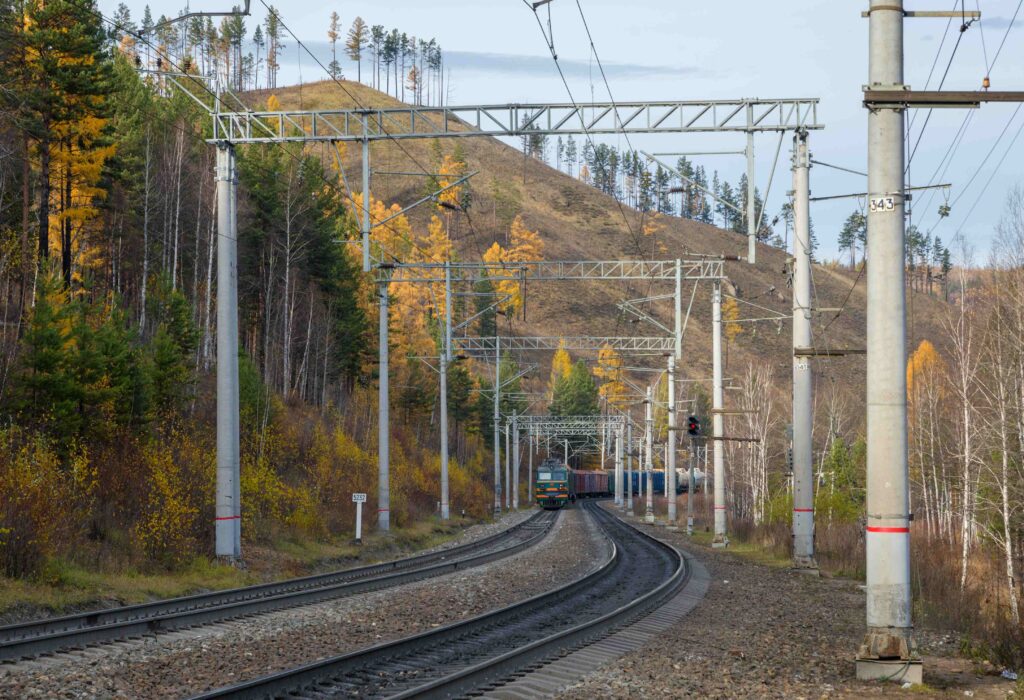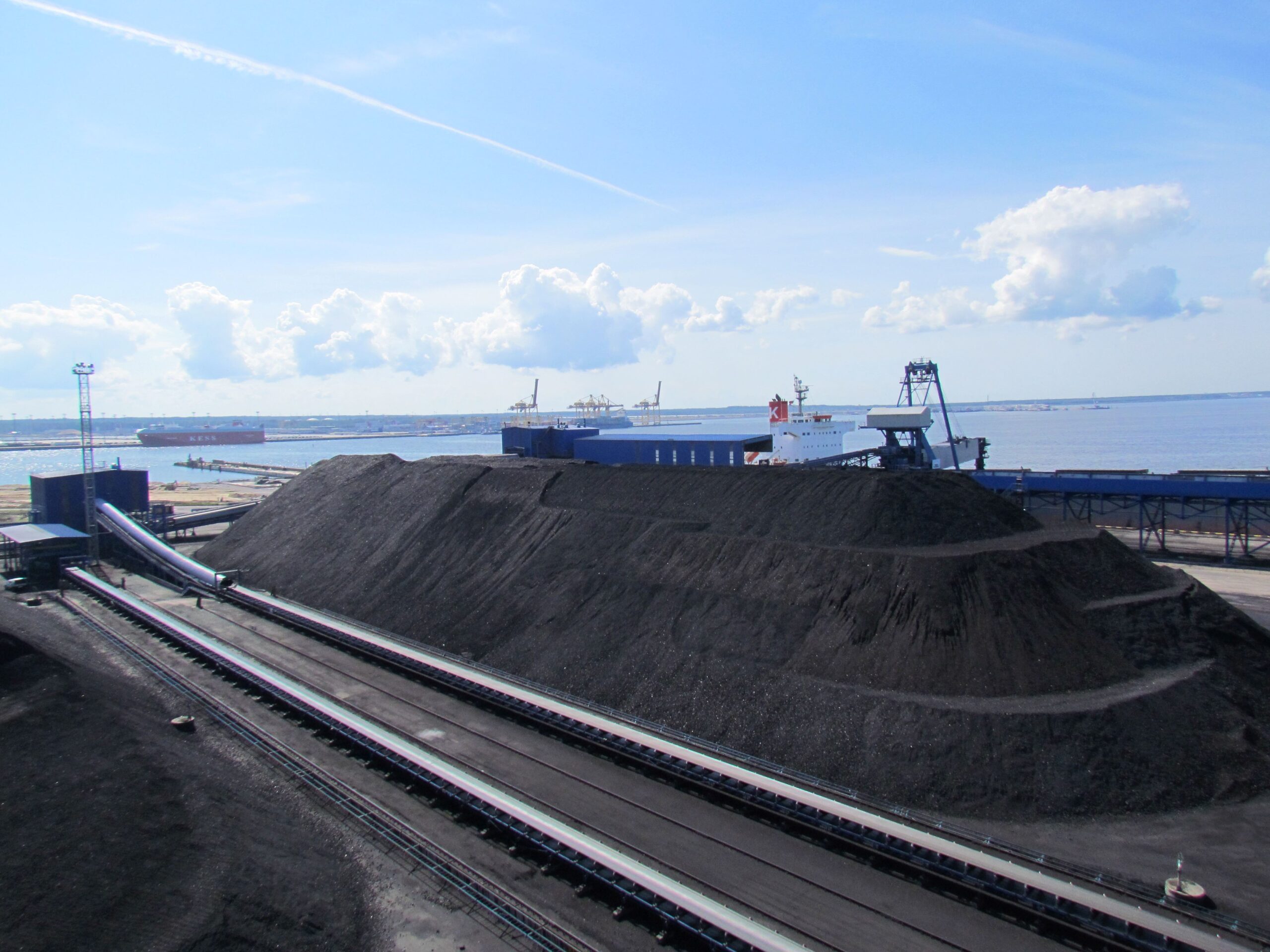
Russian Railways (RZD) plans to substantially boost the adjusted-for-inflation railroad freight tariffs in 2025. This initiative is criticized by industry stakeholders, as Russian coal producers are already hit by high fiscal burden, with more than 50% of mining companies being unprofitable and prices on the export market continue downward spiral.
The hike can be implemented in two steps: from November 01, 2024 by 3.6% and from January 01, 2025 by 13% (total by 17.2%), or from January 01, 2025 by 22.7% at once.
Moreover, the total increase in RZD tariffs in 2022-2023 reached a whopping 44.6%, with over 50% of coal export volumes under sanctions and the cost of production jumping. Meanwhile, coking coal producers continue to pay export duty.
Many companies envisaged a 7-10% increase in RZD tariffs in their budgets for 2025, but a steep increase of 17-22% is forcing them to revise their plans. The results of H1 2024 shows that coal companies are already abandoning new projects and reducing investments.
Additional pressure on coal export profitability was exerted by the abolition of lowering coefficients for steam coal from June 01, 2022. Currently, the abolition is valid until the end of 2024. The abolition of the 0.895 coefficient for steam coal led to an average tariff increase of 11%, while the abolition of the 0.4 coefficient for distance – by 25-27%.
Eastbound shipments, where railroad infrastructure remains congested due to redirections of supplies to the Asia-Pacific, may become unprofitable, while exports to the south and west are already loss-making. Amid a combination of negative factors, the new transportation tariff adjustment will lead to a further decline in coal output in Kuzbass and other coal mining regions as well as to a significant reduction in export supplies.
In January-August 2024, rail transportation of coal for export dropped to 126.3 mio t (-13.0 mio t or -9.4% y-o-y).
Source: CCA Analytics



